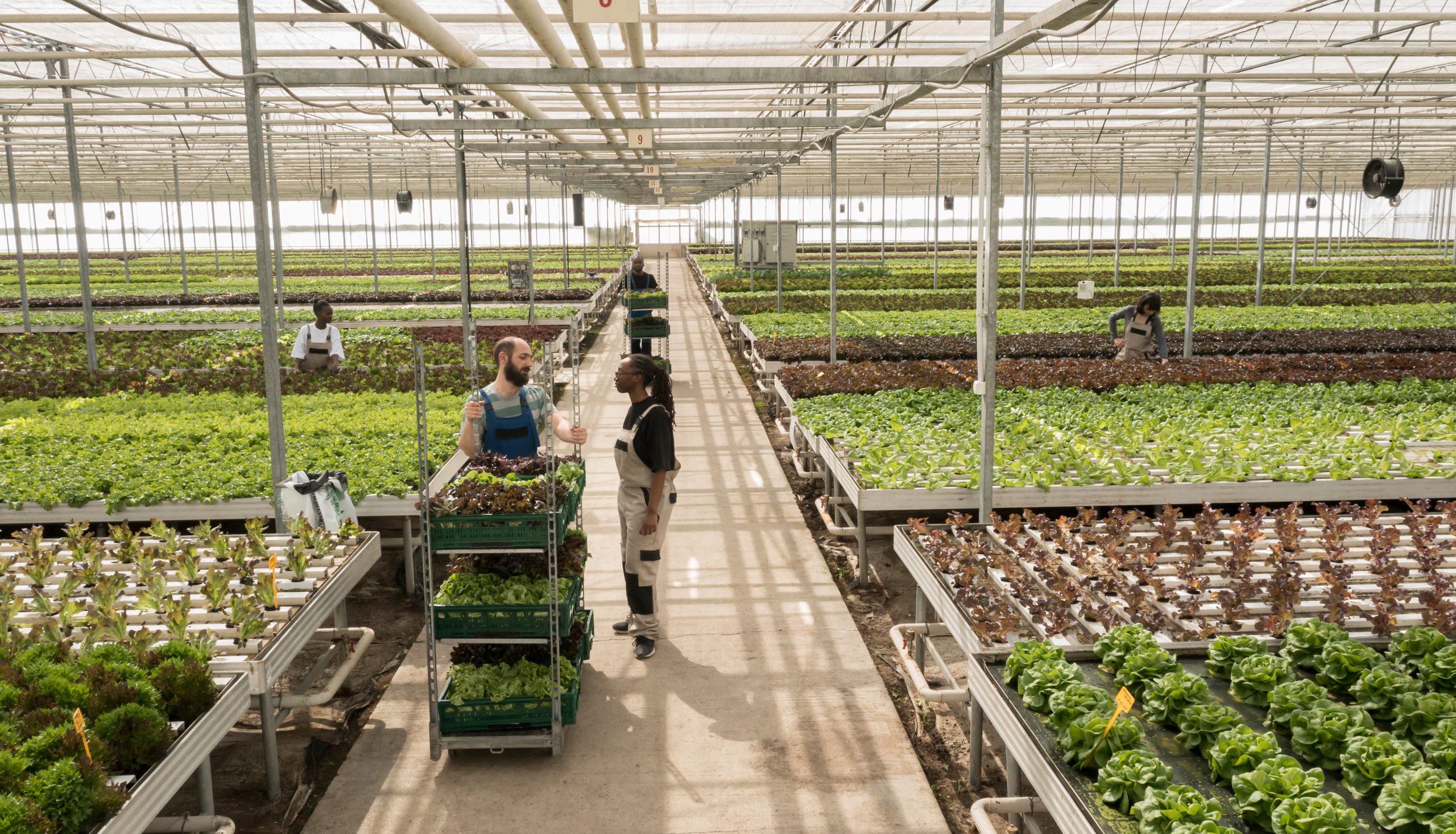
COP27 spotlights agriculture challenges and solutions in the face of climate change
Agriculture Innovation Mission for Climate (AIM for Climate).
COP27: Farm climate innovation commitments double to $8 billion
This year’s climate talks, which took place in Sharm el-Sheikh in Egypt, and hosted representatives from 200 countries, included plans and initiatives with a focus on the agricultural industry. The ag-based plans aim to reduce the sector’s impact on greenhouse gas emissions, as well as assist farmers with the challenges of growing and raising food in the face of changing climates.
US President Joe Biden told COP27 delegates on 11 November that global warming poses an existential threat to the planet and promised the United States would meet its targets for fighting it. “The climate crisis is about human security, economic security, environmental security, national security and the very life of the planet,” Biden said.
The Agriculture Innovation Mission for Climate (AIM for Climate) initiative to help agriculture adapt to climate change and reduce emissions through innovation has doubled investment commitments to $8 billion and extended its reach. The initiative is led by the United States and the United Arab Emirates.
Countries launched a package of 25 new collaborative actions in five key areas: power, road transport, steel, hydrogen and agriculture.
- UN Secretary-General António Guterres announced a USD 3.1 billion plan to ensure everyone on the planet is protected by early warning systems within the next five years.
- The UN Secretary-General’s High-Level Expert Group on Net-Zero Commitments published a report at COP27, serving as a how-to guide to ensure credible, accountable net-zero pledges by industry, financial institutions, cities and regions.
- The G7 and the V20 (‘the Vulnerable Twenty’) launched the Global Shield against Climate Risks, with new commitments of over USD 200 million as initial funding. Implementation is to start immediately.
- Announcing a total of USD 105.6 million in new funding, Denmark, Finland, Germany, Ireland, Slovenia, Sweden, Switzerland, and the Walloon Region of Belgium, stressed the need for even more support for the Global Environment Facility funds targeting the immediate climate adaptation needs of low-lying and low-income states.
- The new Indonesia Just Energy Transition Partnership, announced at the G20 Summit held in parallel with COP27, will mobilize USD 20 billion over the next three to five years to accelerate a just energy transition.


